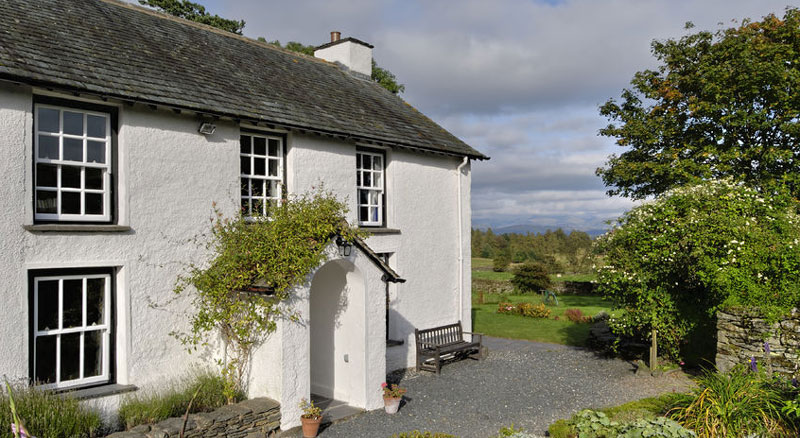Furnished Holiday Let (FHL) Tax
If you let out a furnished holiday home (holiday let) in the UK or elsewhere in the European Economic Area (EEA), your rental income may be treated differently for tax purposes from other rental income.
For the holiday let to qualify, the following rules must be complied with.
Tax rules for furnished holiday lettings
To make sure your property qualifies as a furnished holiday letting, it must be:
- in the UK or EEA
- furnished
- available for commercial letting to the public, as holiday accommodation, for at least 210 days a year
- commercially let as holiday accommodation for at least 105 days a year – the rent must be charged at market rate and not at cheap rates to friends and family, and
- a short term letting of no more than 31 days
NB. A property can be let for periods longer than 31 days in one stretch but none of these days will count towards the above test. This is known as ‘longer term occupation’. Where the total of all ‘longer term occupation’ is more than 155 days in the tax year, the property will not qualify as a furnished holiday letting.
Elections
If you let more than one property as an Furnished Holiday Let (FHL), and one of those properties does not meet the 105 let days condition, you can elect to apply the condition to the average rate of occupancy for all the properties you let as FHLs. Alternatively, you may make the period of grace election for the property to continue to be treated as an FHL for a maximum of 2 consecutive years if you have not met the letting criteria in a year and meet all of the following conditions:
- genuinely intended to meet the letting conditions
- have marketed the property to the same or greater level than in successful years
- met the conditions to qualify as an FHL in the previous year
Tax advantages of furnished holiday lettings
The tax advantages if your property qualifies as a furnished holiday letting are:
- You can claim capital allowances
- You can benefit from some favourable capital gains tax rules when you sell or ‘otherwise dispose’ of the property.
Working out your taxable profit
Your profit on furnished holiday lettings is worked out in the same way as for other rental income. The only difference is you can claim ‘capital allowances’ rather than domestic item replacement relief. Examples of expenses that qualify for capital allowances include the cost of furnishings and furniture, and equipment such as refrigerators and washing machines.
If you make a loss
You can carry a loss forward and offset it against future letting profits. If you have a UK holiday let the losses can only reduce the future holiday let profits of the UK holiday home. If you have an EEA holiday let the loss can only reduce future EEA holiday let profits. You cannot use a holiday let loss to reduce your other taxable income.
If you sell or ‘otherwise dispose’ of the property
You may be able to take advantage of capitals gains tax reliefs, such as ‘business asset roll-over relief’. For example, if you reinvest within three years in another UK furnished holiday letting property, or certain other assets costing the same as or more than the gain you made on the property you have sold, you may be able to defer payment of the capital gains tax until you dispose of those new assets.
You may also pay less capital gains tax when you sell a property you have used for UK furnished holiday letting, compared with other residential let property (such as buy to let). This is because a UK furnished holiday letting property is treated as a business asset and should qualify for entrepreneurs’ relief which has a 10% rate of tax for the first five million pounds of profit.
The amount by which the gain is reduced will depend on how long you have owned the property and how long you have used it for qualifying holiday letting.
To understand the rules fully, and find out about other relief’s you may qualify for, ask your professional adviser or tax office about capital gains tax reliefs on the sale of UK furnished holiday lettings property.
Holiday Let allowable expenses
Some expenses relating to the property can be taken into account to reduce your tax bill. Such as;
- letting agents fees
- accountants fees and certain legal fees
- mortgage interest
- building and contents insurance
- maintenance and repairs to the property, and
- utility bills, council tax, ground rents and service charges

What paperwork do you need to keep?
In order to be able to complete the land and property pages you need to keep:
- a note of all the rent you receive and the dates you rent out the property
- a record of your business expenses
- sales receipts, invoices and bank statements
All of these records must be retained for six years after the tax year concerned.
